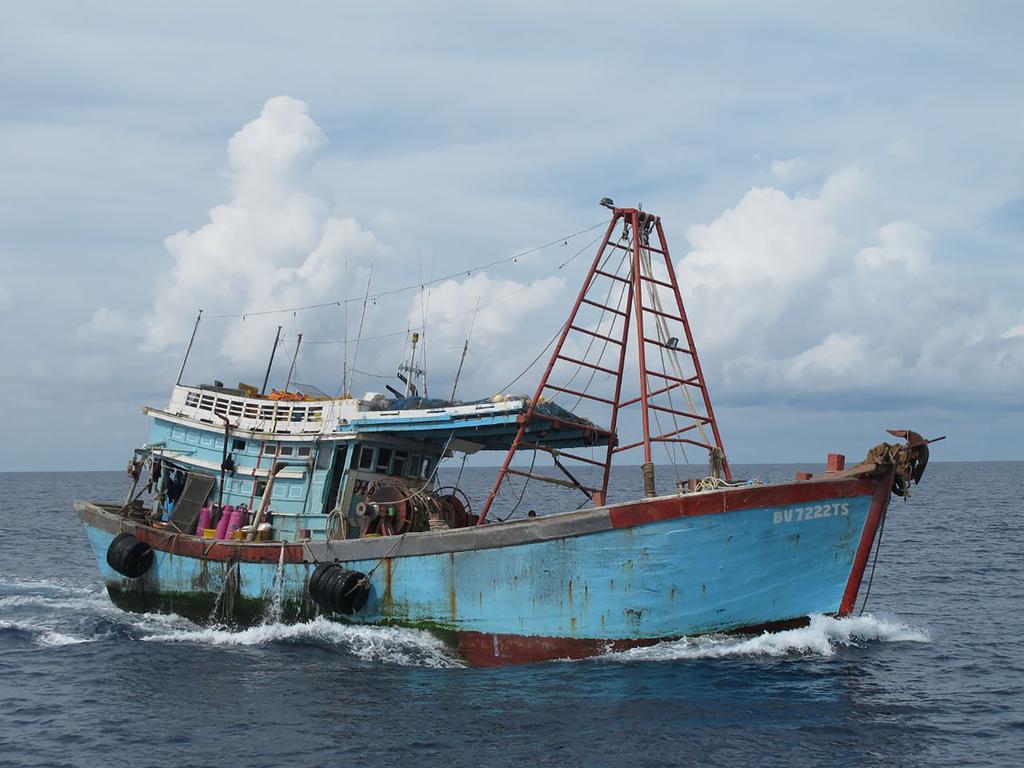
No longer. In a statement released Monday, the State Department declared that “Beijing’s claims to offshore resources across most of the South China Sea are completely unlawful.” In 2016 the Permanent Court of Arbitration in The Hague said as much, but China ignored it and accelerated its militarisation. The State Department document for the first time embraces that ruling and says, “The world will not allow Beijing to treat the South China Sea as its maritime empire.”
During the pandemic Chinese vessels have tailed Malaysian oil-exploration boats and rammed a Vietnamese fishing boat. Beijing wants to repudiate international norms and control commercial activity in the region. This month the US sent two aircraft carriers to the South China Sea, prompting a state media outlet to tweet that “China has a wide selection of anti-aircraft carrier weapons” and “any US #aircraft carrier movement in the region is at the pleasure” of the Chinese military.
Beijing has probably concluded that it can gradually tighten its grip on the South China Sea and, while the US might complain and occasionally send naval assets passing through, its hegemony won’t be challenged. Monday’s State Department decision, along with shows of military force, signals that the US may be toughening its strategy against Chinese regional bullying.
This is one of those Trump-era diplomatic moves — like moving the Israeli embassy to Jerusalem or pulling out of failing arms accords — that a more risk-averse Administration would not have tried. China won’t be happy. Yet the decision brings official US policy in line with international law and geopolitical facts. No matter who wins the White House this year, a key priority of U.S. foreign policy in 2021 will be deterring Chinese lawlessness and expansion. This is a necessary first step.








In the last decade China has intensified its efforts to exert military control over the South China Sea, the vital waterway also claimed in part by Vietnam, the Philippines, Malaysia and others. While the US has sent warships on freedom of navigation exercises, it has remained formally neutral on these maritime disputes.